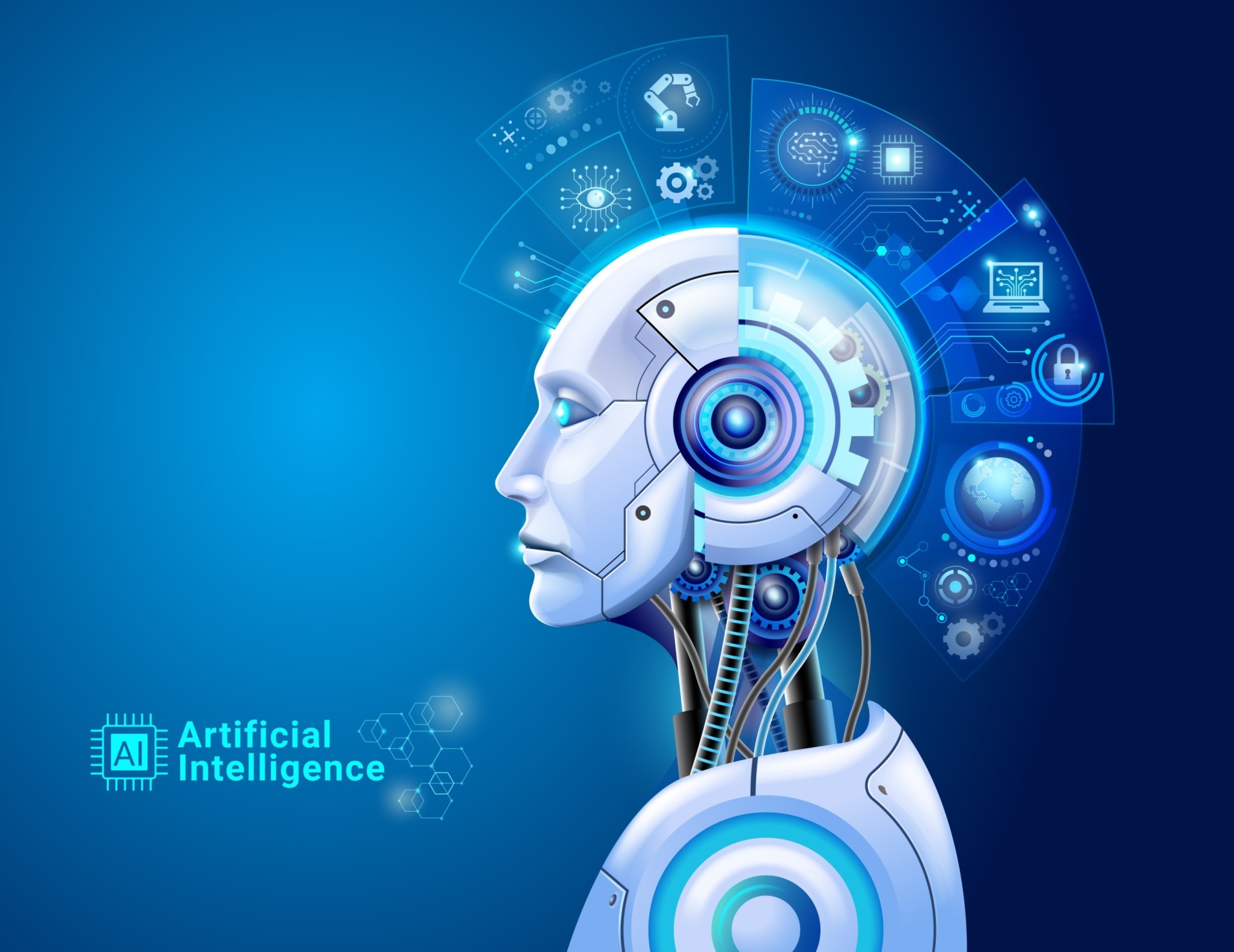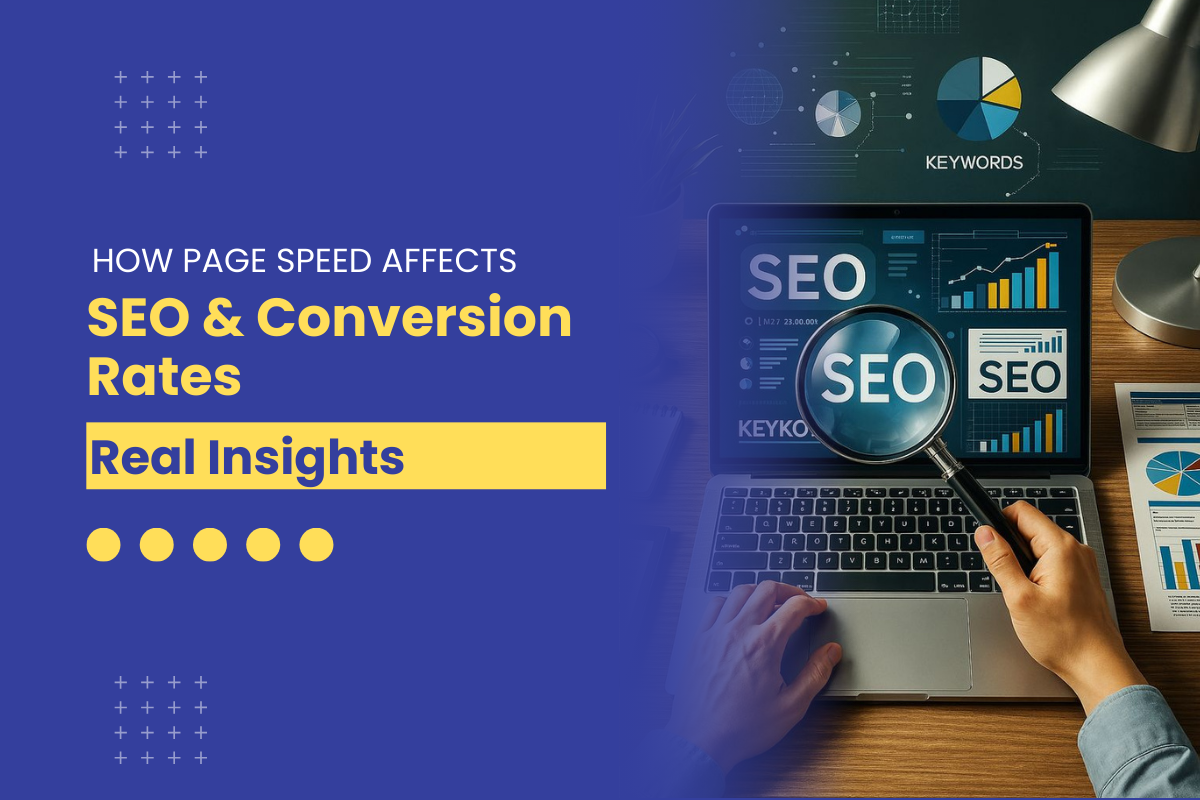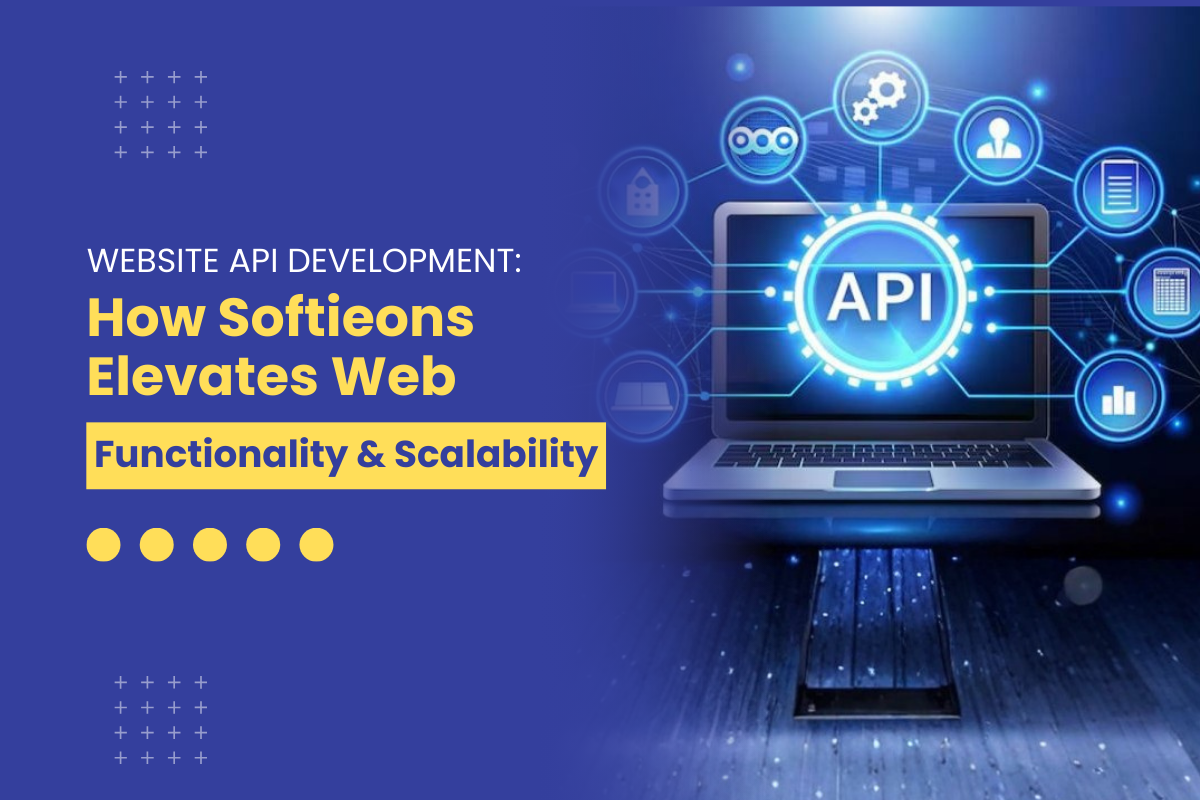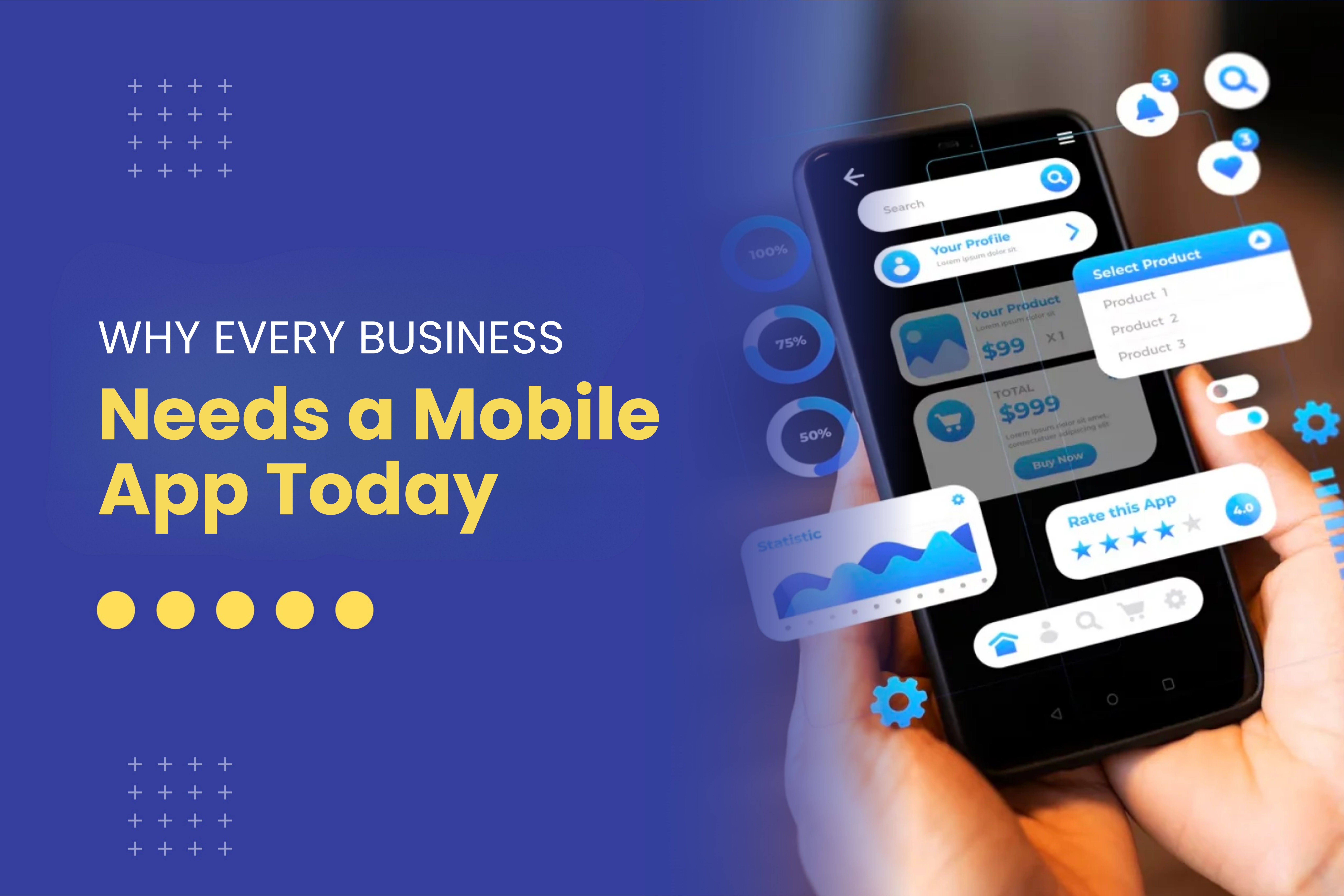The Artificial Emotional Intelligence
Tue, 07 Dec 2021
Communication is constantly mediated via digital media in today's technological world. We communicate with others through text messages or by scheduling a video call rather than having a face-to-face conversation. We browse online stores for products and, if we have a query, we ask chatbots. This optical filter has several advantages, but it also has several drawbacks. Communication is often skewed, questions are misunderstood, and the consumer becomes increasingly frustrated.
What if we could improve existing technology to assist us in times when it is a hindrance? Emotion AI is one potential solution that futurologists and trend analysts are excited about.
How does AI detect emotions?
Emotion AI, also known as affective computing, is concerned with using artificial intelligence to detect emotions. Emotional intelligence-enabled machines are capable of comprehending both cognitive and emotive channels of human communication. This enables them to recognize, perceive, and respond to both verbal and nonverbal signals quickly.
There has been a lot of progress in the field of science in terms of teaching computers to understand emotions. In this respect, machine learning and deep learning are two interchangeable technologies. Image and speech recognition systems are used as input for devices using these technologies.
This enables the machines to learn how to recognize and interpret a smile or a shift in a person's vocal tone. There have also been significant advances in dealing with parameters such as skin temperature and heart rate, which are useful indicators for creating smart wearables.
The Enormous Potential of Emotion AI
Emotions have a huge impact on our attitudes and acts. From a marketing standpoint, this is also applicable in the consumer path. Customers are more likely to be loyal to a brand if they have positive emotional experiences with it than if they have negative emotional associations or memories with it. As a result, businesses that want to boost their consumer service should use a method that isn't purely based on objective intelligence.
POPULAR POSTS
The Difference between Digital Marketing and Advertising
Wed, 07 Apr 2021Why UX And UI Is Important For Mobile Application Development
Sat, 01 May 2021How Chatbot Development Is Transforming Customer Service
Thu, 06 May 2021What are pseudocode and its advantages
Fri, 07 May 2021RECENT POSTS
How Page Speed Affects SEO & Conversion Rates | Real Insights 2026
Tue, 27 Jan 2026Website API Development: How to Boost Scalability & Functionality
Tue, 27 Jan 2026Minimum Budget for Facebook Ads in India in 2025 – What Works
Tue, 20 Jan 2026How PHP and Laravel Help Build Secure Websites | PHP Security
Tue, 20 Jan 2026Why Every Business Needs a Mobile App Today – Simple Guide
Tue, 20 Jan 2026









